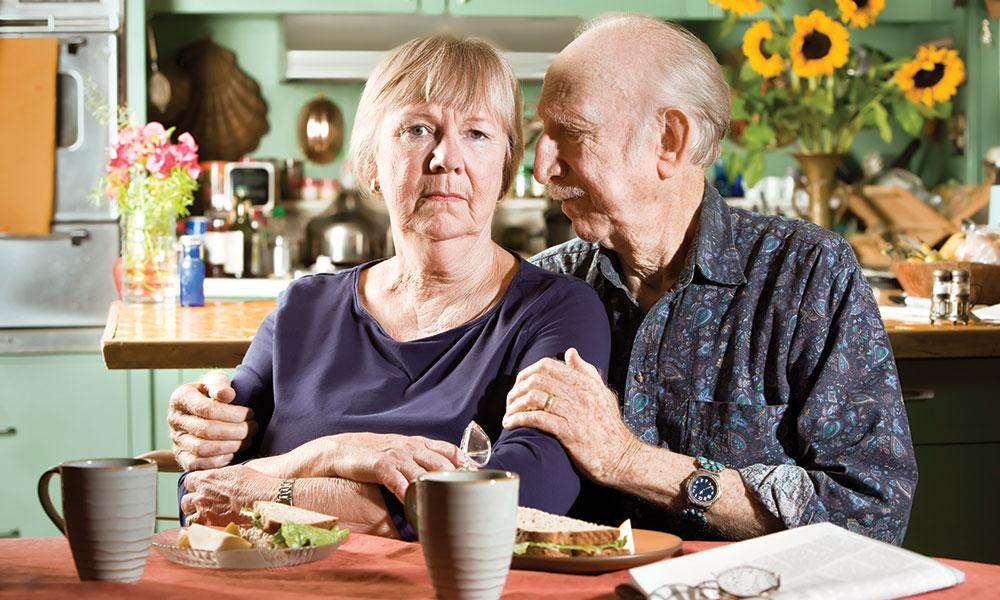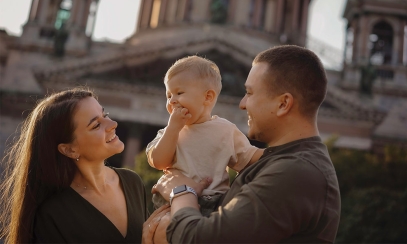
She says: After my diagnosis, we need to move
I was just diagnosed with Alzheimer's – Ron won't be able to cope, so I want to find a place to live.
He says: I want to care for Eileen at home
I love Eileen and want to take care of her at home. I think it’s important for us to stay here.
What do they do?
Ron and Eileen are obviously concerned for one another, and indeed St. John Paul II would applaud them both. In his 1999 Letter to the Elderly, he affirmed Ron’s desire to care for Eileen at home: “The ideal is for the elderly to remain within the family.”
But he also knew this ideal must sometimes give way to reality: “There are situations where circumstances suggest or demand that they be admitted to ‘homes for the elderly’ where they can enjoy the company of others and receive specialized care.”
Ron and Eileen should begin by expressing appreciation for one another’s perspectives of love. From there, they can build a plan that reflects both of their desires and concerns for the other. Given the nature of Alzheimer’s, they should not delay.
First, gather data. Talk together with health care professionals about what to expect as the disease progresses. How realistic is home care, and for how long? What family members or friends could help? And even if they were to start out with home care, what objective signs could they agree upon for Ron to know when “the time has come”? Speaking of, not only would there be no harm in checking out memory care facilities, indeed they should do so now – well before Eileen may need admission to one.
Second, pray, and pray together. Thank God for the years you have had with one another, and the years you will yet have. Ask for the wisdom to know the most loving way to carry this new cross together.
Finally, what matters most is not where Eileen eventually lives, but how consistently Ron will be present in her life. A bishop once told of an elderly man who every day would visit his wife of many decades even though she had lost virtually all cognitive awareness, including, apparently, any recognition of him. The bishop asked why he would still visit her. He replied, “She may not know who I am any more, but I will always know who she is. She is my bride and the love of my life.”



